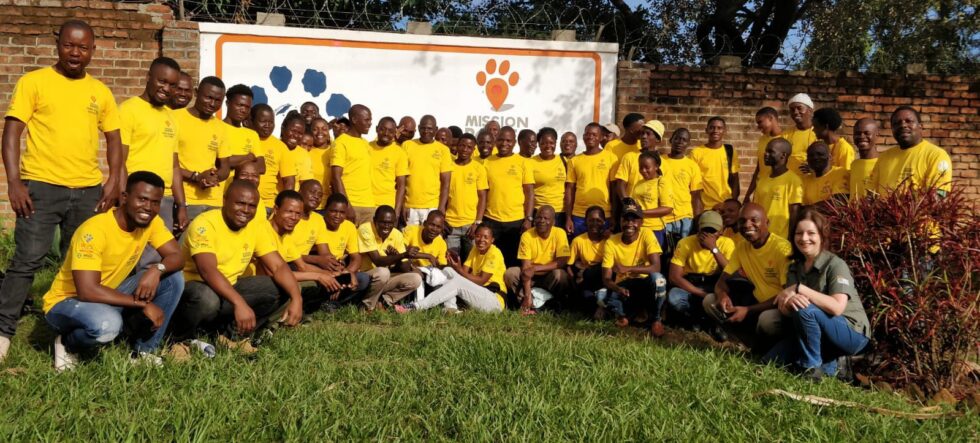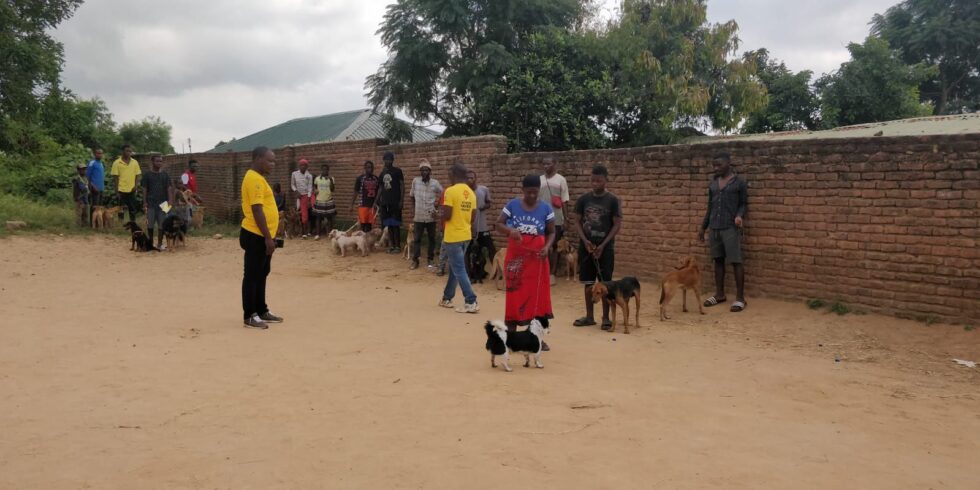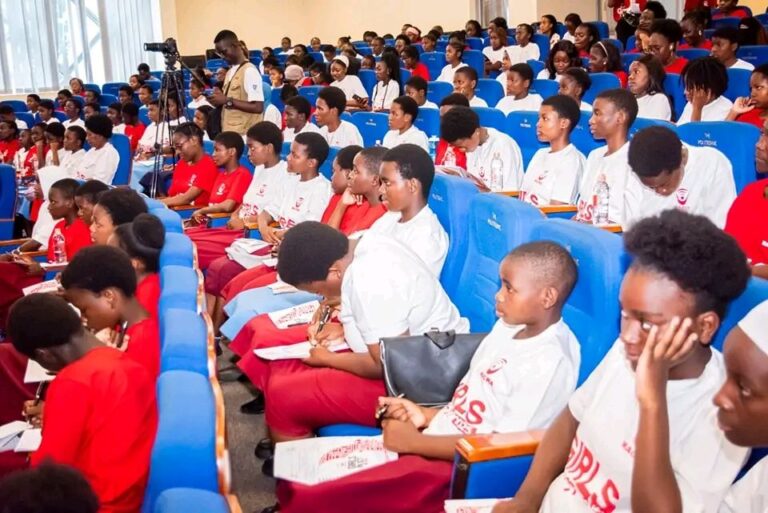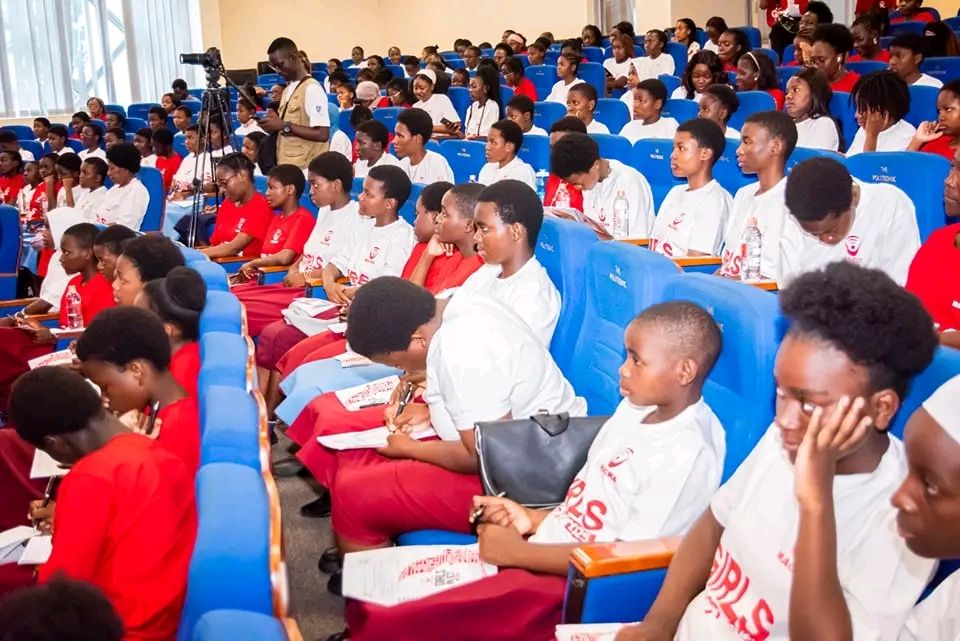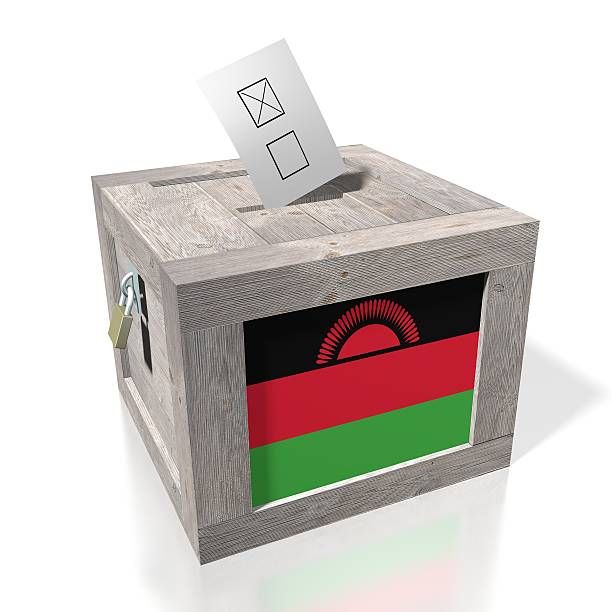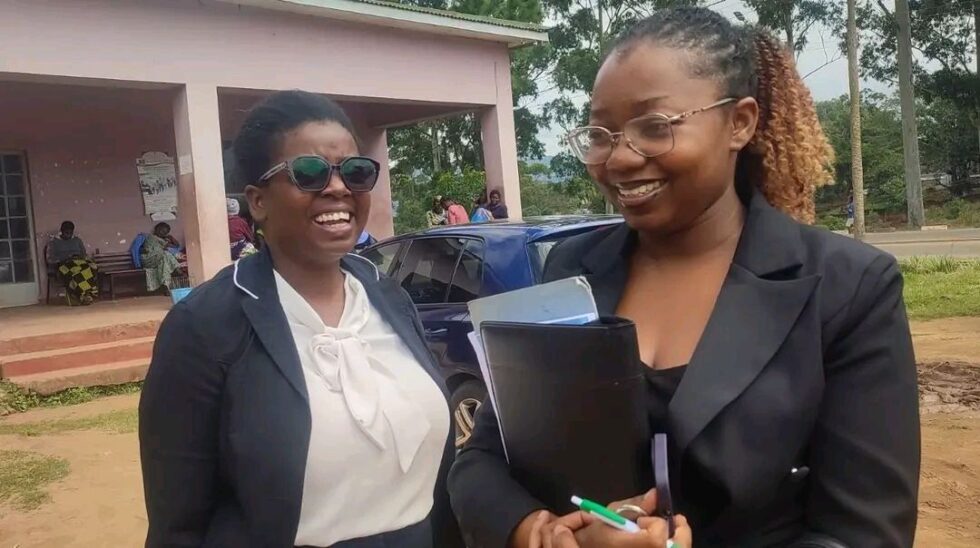By Shaffie A Mtambo
Mission Rabies has launched its 11th dog vaccination campaign in Blantyre City, aiming to vaccinate over 20,000 dogs in 10 days.
According to Dr. Inga McDermott, Mission Rabies Country Director, the organization has been working in Malawi for 10 years and had a successful campaign last year, reaching its targets and ensuring the community’s safety.

The campaign’s primary goal is to achieve 70% coverage of the dog population in Blantyre City, which is crucial for maintaining herd immunity and keeping the community safe from rabies.
To achieve this, Mission Rabies has set up 87 static point vaccination clinics across the city.
The organization has been promoting the campaign through direct sensitization teams, text messages, and radio adverts.
On the first day, vaccinations will be available at static points only, with roaming vehicles joining the effort later in the campaign.
Mission Rabies vaccinates dogs of all ages, including puppies, and encourages responsible dog ownership.
In addition to vaccinations, the organization will offer free dog sterilizations over two weekends to help control the dog population and promote safe and healthy communities.
This year, Mission Rabies is expanding its efforts, vaccinating dogs in 14 districts across the southern region and moving into the central region.
The Blantyre City campaign will run for 10 days over 5 weekends, while the organization’s other district work will run from March to September.
By promoting responsible dog ownership and providing access to vaccinations and sterilizations, Mission Rabies aims to keep the community safe from rabies and promote a healthier environment for both humans and animals.
